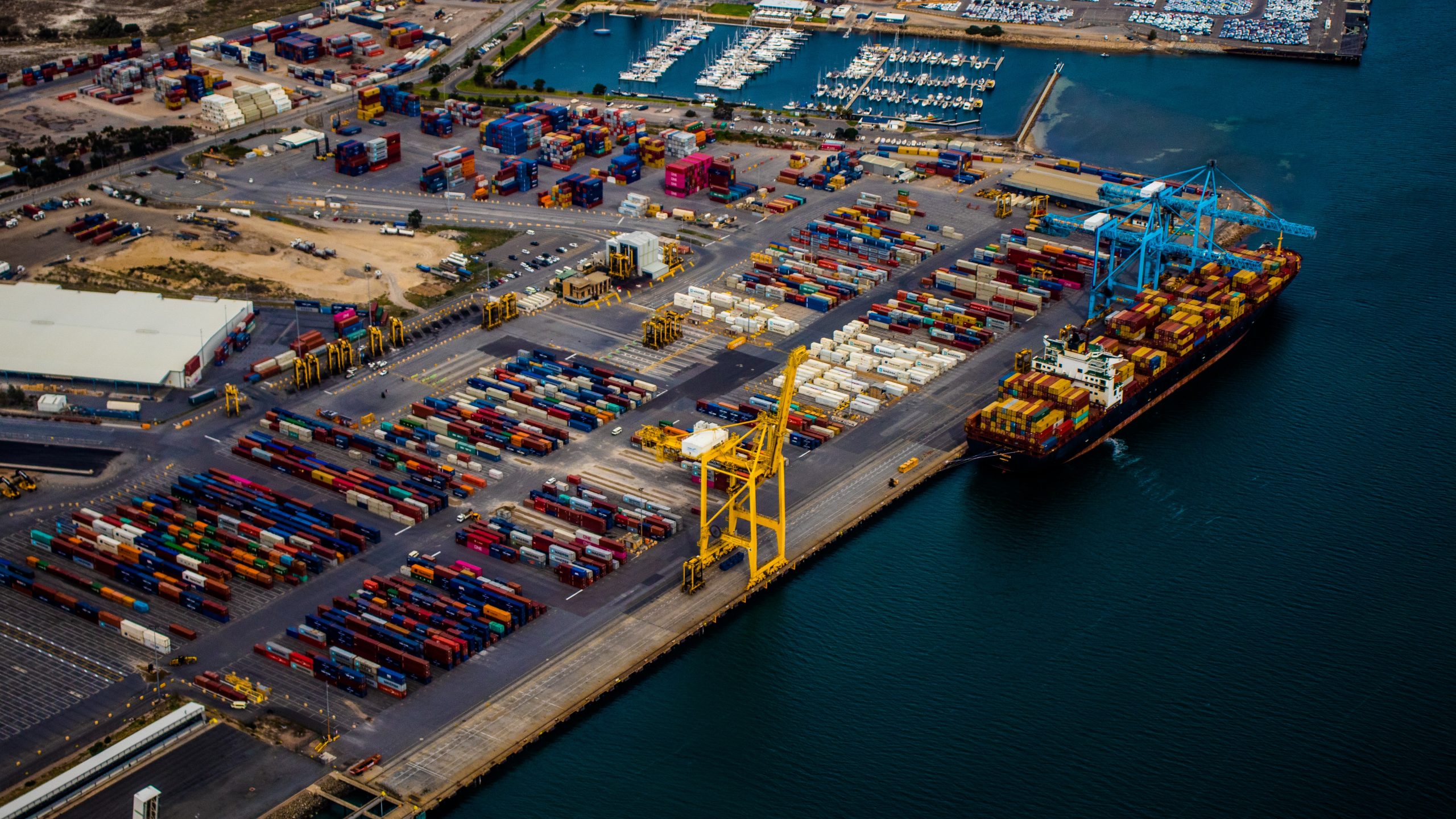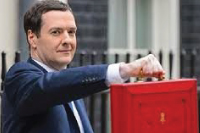
In the recent budget, the Chancellor proposed to create 8 new Freeports across the UK, but what exactly is a Freeport?
Whilst there is no fixed definition, they are generally areas within a country’s territorial limits that are free of the usual customs rules. Typically, goods can be imported, processed, and re-exported free of normal tariffs and duties.
In addition to being a Freeport, they are also designated Special Economic Zones or SEZs. This generally means incorporating other benefits such as tax incentives, planning concessions, looser regulatory controls, and public investment in infrastructure in the area.
The Governments Freeports thinking is to raise the UK’s profile as an attractive trade and investment location in the post-Brexit period. More specifically they say they are intended to
“encourage the maximum number of businesses to open, expand and invest”
and to
“enhance trade and investment across the UK, boost growth and high-skilled jobs, and increase innovation and productivity in our port regions, particularly those situated in or near deprived areas.”
Freeports are more than just the ‘port itself’, they have a much wider impact on the surrounding local economy. Freeports need good infrastructure, if they already have it, they will be attractive to other commercial occupiers and if they don’t have it, then it will be built. This creates employers, jobs and wealth in the community which in turn will impact the local residential market.
The Port of Felixstowe, for example, is Britain’s largest container port handling 3,000 ships annually. It is estimated 3,500 people work at Felixstowe in a town of just 24,000 people. A 2019 a report from Savills said that Ipswich’s proximity to the Port of Felixstowe has triggered an ‘industrial revolution’ there. It said that this had caused an ‘unprecedented level’ of planned development along the A14 road, with 2m sq ft of industrial development in the pipeline.
Given the impact that Freeports can have, keep an eye on investment opportunities in the surrounding eight freeport areas, Plymouth and South Devon, Thames, Solent, Felixstowe and Harwich, East Midlands Airport, Humber, Teesside and Liverpool City Region.
Photo by Alex Duffy on Unsplash


